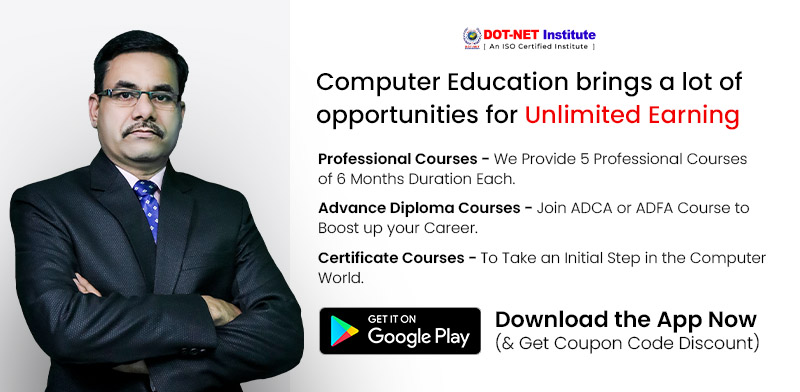Coding is a valuable skill with excellent career opportunities. If you are quite interested in this field, you might search on Google ‘how to learn to code?’ learning coding is quite essential for professional and personal development. If you have dedication and internet access, you can learn coding. If you are a beginner and confused about the right path for learning coding, don’t worry because, in this article, we will provide a complete guide on how to get started with coding as a beginner.
Contents
What is coding and why learn it?
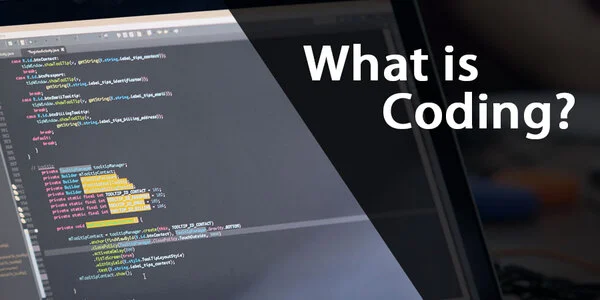
Coding is defined as the process of giving instructions to the computer using a programming language. The websites, software, and application that we use every day are run by these instructions.
You should learn coding because of the following benefits:
- You can build your professional skills by learning coding because knowledge of computer programming is a valuable employment asset.
- You can earn decently after learning coding. When you get specialized in coding, you transitioned into a programmer and the average starting salary of a programmer is more than $85k per annum
- You can understand the world around you better by learning coding and gaining good knowledge of technology landscape growing components.
- Coding is a fun, enjoyable, and rewarding experience.
How to start coding as a beginner?
These are some of the steps a beginner should to start their coding journey:
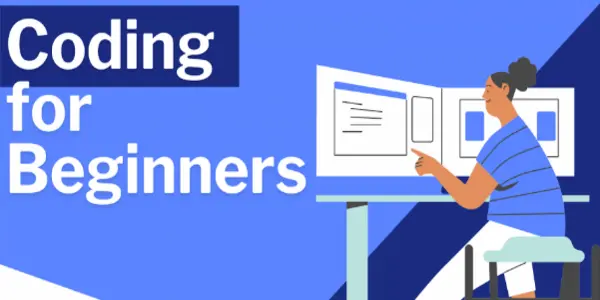
1. Find out the reasons why you want to learn coding
Isn’t it tempting to jump right into learning coding? But as time passes, you will become overwhelmed and exhausted and stop learning coding because of a lack of fun. So, before starting to learn code, find the reason behind learning coding and do not rely on your impulsive thought process.
Introspect about the skills that excite you, projects you want to complete, and the available resources you have, and most importantly make a short goal that can be completed within a time frame. These goals help in building the required skills you want giving you a sense of programming language and managing the deadline while learning.
2. Learning the coding language of your interest
The programming learning goals should be long-term. You have to be clear whether you want to learn coding for fun or you are quite serious about it. As a beginner, start learning a language that doesn’t uses an algorithm and data structure. For this case, start with HTML and CSS. You can also start with JAVA and Python as a beginner because they have a wide range of applications.
3. Online courses
Today, you don’t need a classroom setting to learn coding. You can easily gain knowledge of coding without getting out of the home. There are multiple online courses available that cover basic to advanced computer algorithms. freeCodeCamp and W3Schools are famous free coding course providers. You can also visit our website www.dotnetinstitute.co.in for learning programming courses like C++, JAVA, Python, C Programming, etc, and join our online course as well.
4. Video tutorials
Do watch YouTube tutorials for a better and more practical understanding of using computer codes. The online course provides you with a great in-hand experience while on the other hand video tutorial provides you with a learning supplement and occupies your curiosity. Tom Scotts- The basics and crash course computer science are the YouTube channels that cover the board concept of computing.
5. Books and E-books
Reading a book is an old-school approach. It will introduce you to the fundamentals of coding. If you don’t want to carry multiple heavy books, you can opt for E-books. E-books are handy and can be easily accessible on mobile, laptops, tablets, etc.
6. Using coding tools for easier learning
Code editors such as Notepad++, Sublime Text, and Emac are popular among beginners. These tools will help you in writing clean code faster. The console is another coding tool that is a text-based interface for your operating system. It helps you in finding the file and execute commands more quickly than the standard graphical user interface.
A project management tool used for sharing files, breaking out the separate parts of coding projects, and updating timelines easily. You can keep track of your side projects and extra files simultaneously with your timeline.
Rubber Duck Debugging is a troubleshooting tool that prevents your coding projects from running into bugs and roadblocks.
Also check:
-
5 Best Computer Course in India for Private Job (India में प्राइवेट नौकरी के लिए 05 BEST कंप्यूटर कोर्स)
-
Google jobs in India | Google में चाहिए नौकरी तो कर ये 5 कोर्स - मिलेगा लाखों का पैकेज | Google Jobs
-
Retail Management Career | Retail Jobs | How to get Retail Management Job
-
How to Start Earning as a Graphic Designer?
-
Paramedical Courses | Paramedical Career | कम बजटऔर कम फीस में मेडिकल करियर बनेगा
7. Check other people coding work
If you are serious about learning coding, you should also analyze other coding project work. It is a great way to learn something new by checking other people’s coding projects. It will help you in getting a better understanding of your code, grasping power on new code increases, and gives you a tangible example of quality codes.
8. Complete your coding projects
You can ease the programming by constantly practicing the coding and learning all the syntax and concept which is necessary to write functional codes. There are a lot of classic beginner coding programs which you can practice such as a calculator, time converter, address book, a hangman game, etc. These coding projects help in upgrading your programming skills which makes you a potential candidate for entry-level programming jobs.
9. Right mentor and community
The right community and mentor are necessary alongside the other points mentioned above. They provide the right guidance. An experienced teacher will explain to you the difficult concept of coding and gives you advice for navigating your programming career. Look for the local programming community in the networking events and tries to build your connections with other programmers.
10. Enrolling in coding boot camp
A short-term training coding boot camp provides you comprehensive coding curriculum. These programs are immersive, fast-paced, and a perfect Launchpad for the development of a career. Coding boot camps can be both – extensive and intensive. These coding boot camps are primarily focused on beginners who are ready to commit their time, energy, and money to learn these necessary skills and want to have a career in development.
Difference between programming and coding
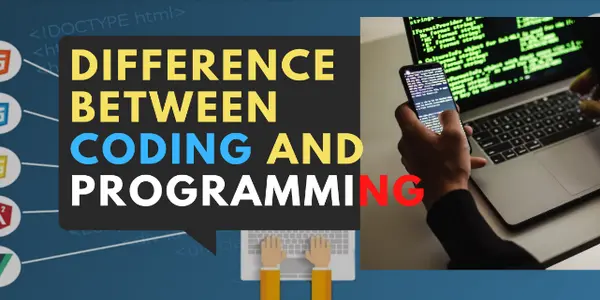
They both are interchangeable terms but they do have a distinct meanings. Both programming and coding stand for instruction or command writing for a computer. The exception is that programming includes algorithms and data structure, and it is used to describe more advanced projects.
Code can be done simply with just the computer but for programming, you need special software tools. Programming is a huge and complex process that needs project management and a solid knowledge base.
Programming languages to learn
For coding, you need at least to learn one coding language, syntax sets, and commands that the computer understands. There are multiple coding languages available and each language has its own uniqueness. Some coding languages are easy to learn as a beginner and you can learn the fundamentals of programming easily with them. Below we will be discussing some of the coding languages which can be easily learned as a beginner.
1. HTML (hypertext Markup language)
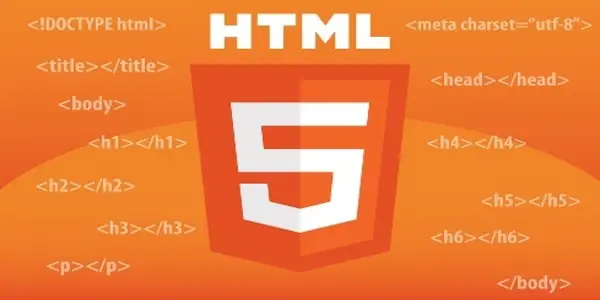
HTML is described as the foundation of the internet. It is used for setting up the content of web pages. You see an HTML document rendered by your browser when you load a web page. It is the easiest language to sample because technically it is not a programming language which means you can’t execute scripts and build functional programs with HTML. But it is spread everywhere online. So, if you want to understand the internet then learning HTML is necessary.
2. Python
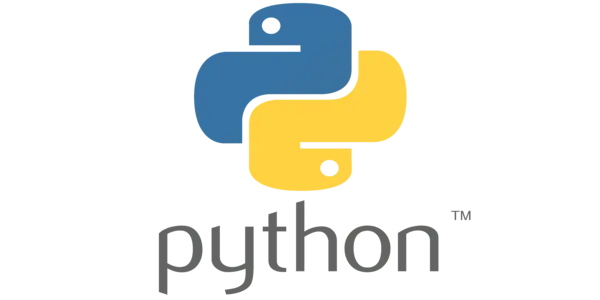
Python is a popular coding language among beginners because of its friendly syntax and versatility. Python codes read like English, so it is easy for a beginner to learn basic concepts such as functions. Python has code libraries which are a group of prebuilt functions that can be plugged into the code instead of writing functions yourself. You can also enroll in our courses on Python as well.
3. C/C++

C programming is a popular choice for introductory courses. It has more words than Python and requires writing more code to complete the same things. Although it has more work, it is useful for learning abstract concepts. C programming provides you with skills that can be used for other succinct languages. C++ is the upgraded version of C programming and shares a similar syntax with the addition of objects, a strong variable type that makes programming suave applications easier. You can also enroll in our courses on C and C++ as well.
4. Java
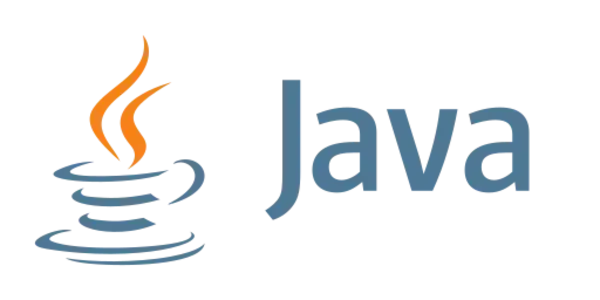
Java is defined as a general-purpose object-oriented programming language. It has easy-to-understand code like Python. With Java, you can handle the complex task with just one simple command. It is popularly implemented in Android mobile apps. It is an excellent language with principles that can be intuitively used for learning other languages. You can also enroll in our courses on Java as well.
5. SQL
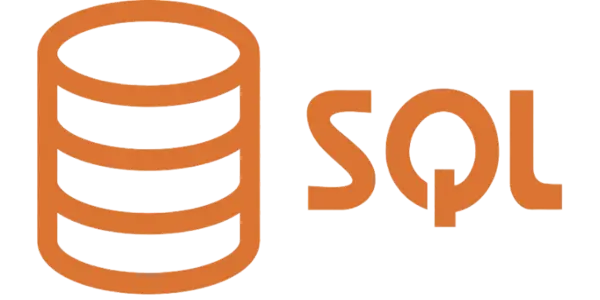
It is also useful programming for beginners which is easily used to store, update and retrieve data from the database. According to the American standard national institute, SQL is the standard language for the database management system.
Coding tips for beginners
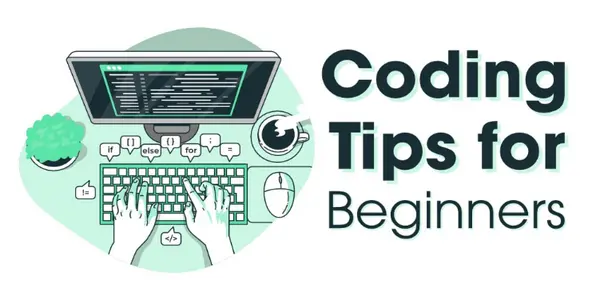
There are multiple paths to approach the different coding practices. Every approach has its benefit. Some language approach works better with someone else and some methods work better with you. These are some coding tips for the beginner that help them to excel in their programming skills:
- Work with patience. Learning code is not easy as it seems. Coding sometimes requires a complex approach to solving problems. Remember, you are here to learn, not get stressed by nonsensical topics. You will face problems like debugging and sometimes you have to re-write the whole code due to a simple error in the placement of a semicolon or common. Instead of getting frustrated and overwhelmed with all the shortcomings, be patient and tries to complete your ultimate goal.
- Coding is not easy as it seems. This might be discouraging to you but give yourself enough time and work slowly and steadily to learn the coding concepts. Even the top programmer started as a naïve beginner just like you. Always sticks to plan and you will surely get successful.
- Strengthen your coding fundamentals. Start your coding journey by learning binary, data type, and printing on the console.
- Begin with writing clean codes.
- Use Google to find the solutions to your coding problems.
Conclusion
If we simply conclude, ‘what is coding?’ it means learning how to write code, and makes sense because a computer programmer writes codes on the computer but when you dive deep into the enormous ocean of coding principles, you will understand the complexity behind the code writing. I hope, you will follow these tips and tricks, mentioned in the above article and start your journey of learning coding as soon as possible. If want to become a professional web developer, with all the distinct programming skills to develop a website you can join our online course. For further info click on the video.
FAQs
If you attending a specialized boot camp on coding, it usually takes 3-4 months to excel coding but if you are self-studying, it will take 6-12 months.
There is around 250-2500 coding language out there.
You can start with learning HTML, Java, and Python as they are the easiest to learn.
C++, Malbolge, and whitespace are the hardest coding language.
There is no such concept of suggested age for learning coding. It is all up to you when you want to learn coding.
Web developer, software engineer, Data scientist, Cybersecurity expert, UX designer, etc.

